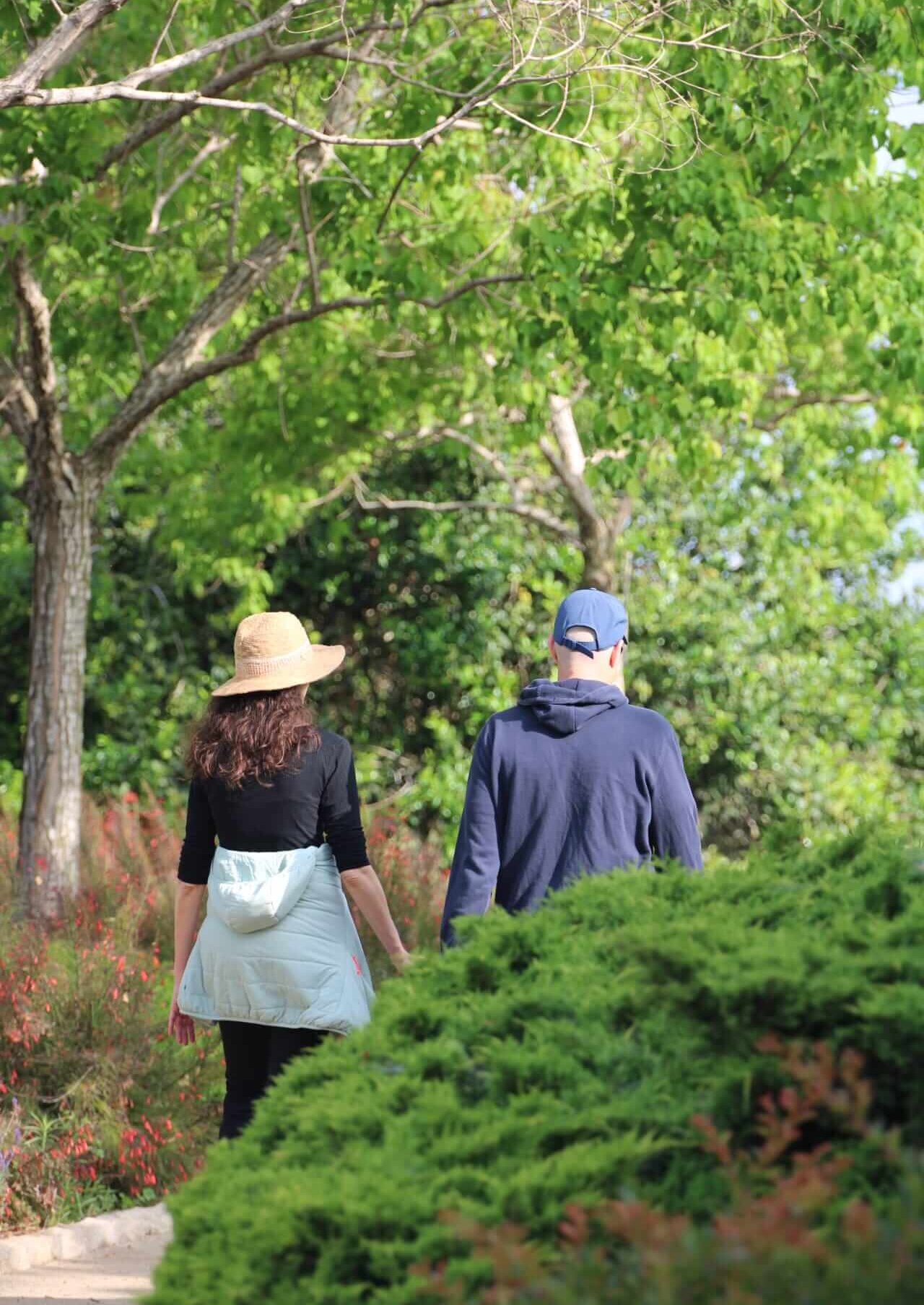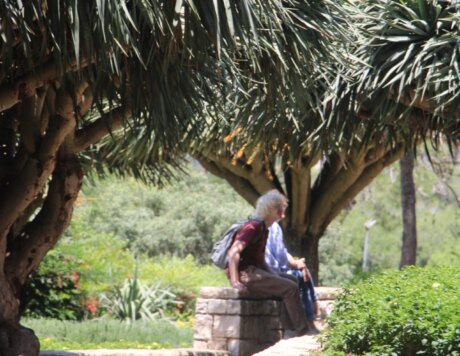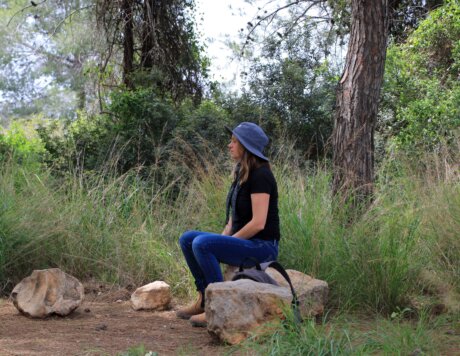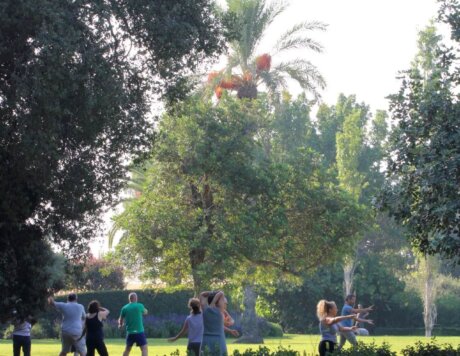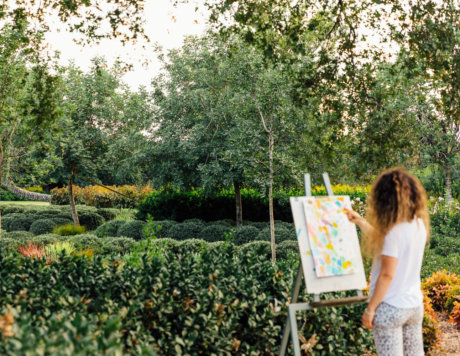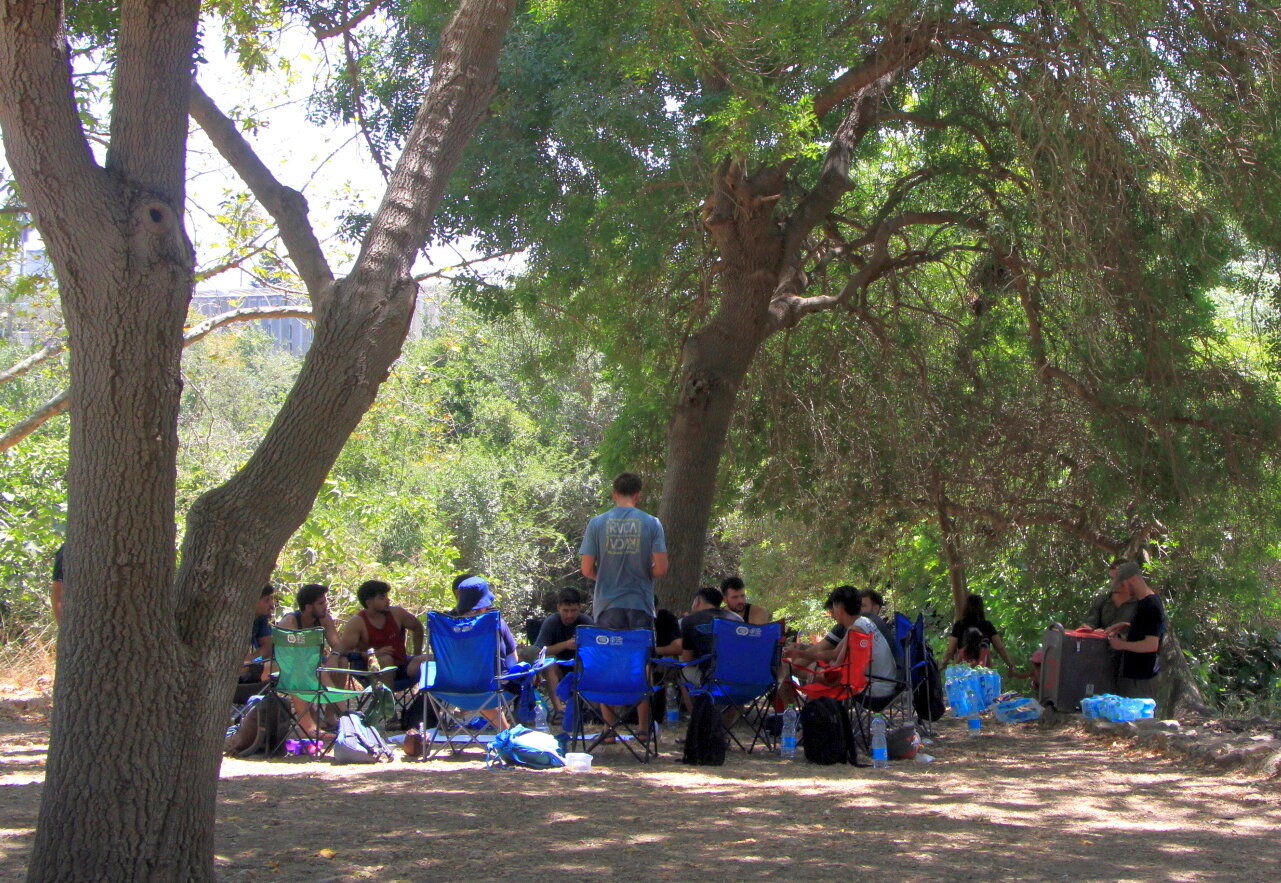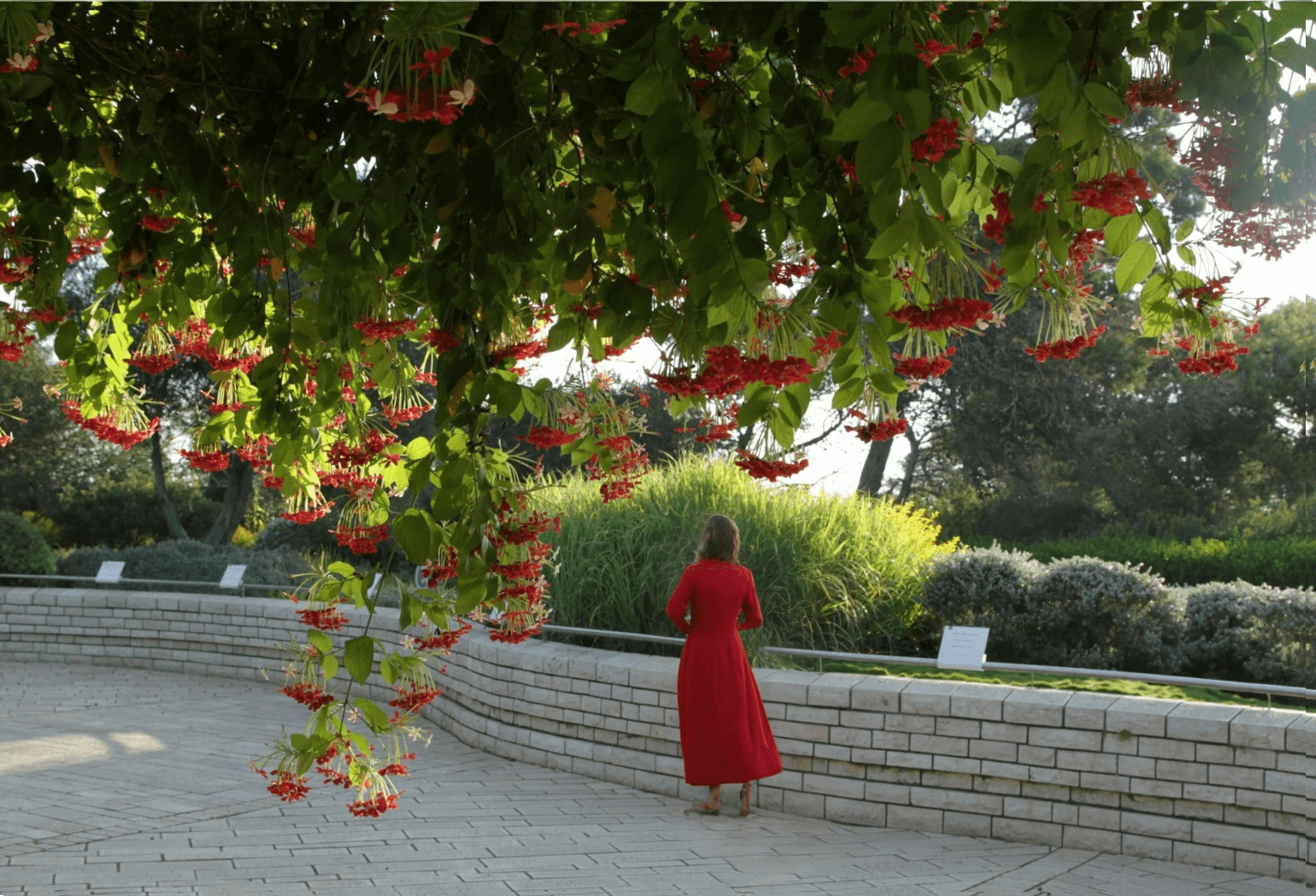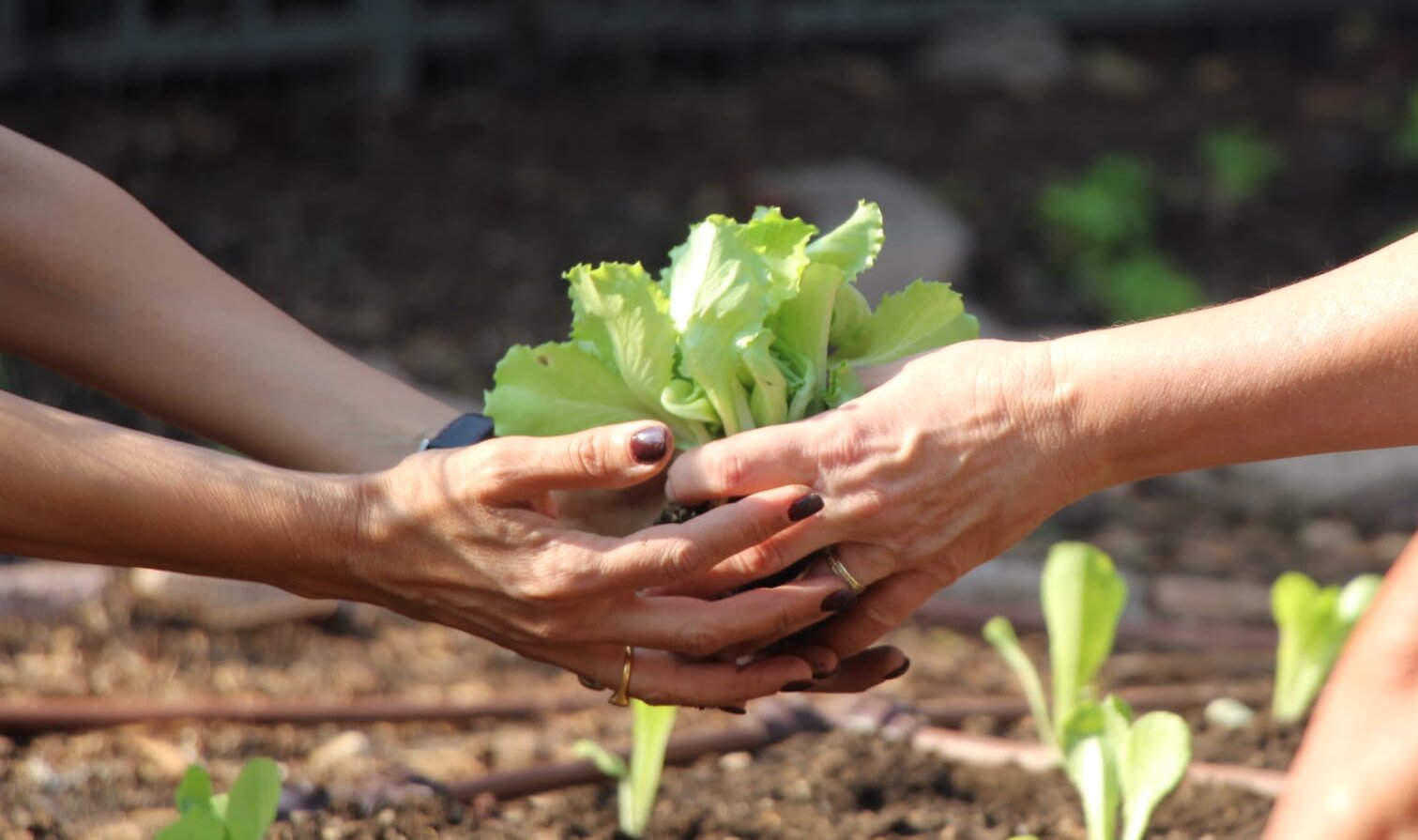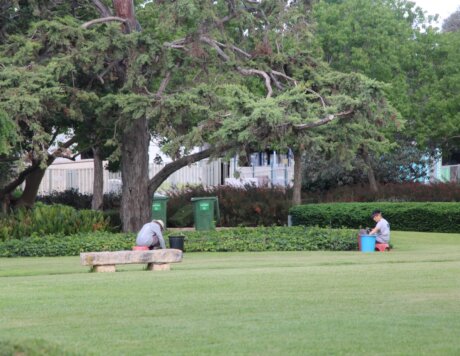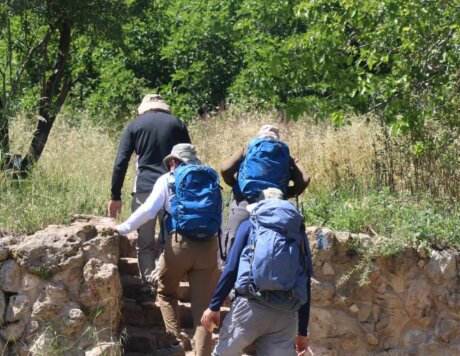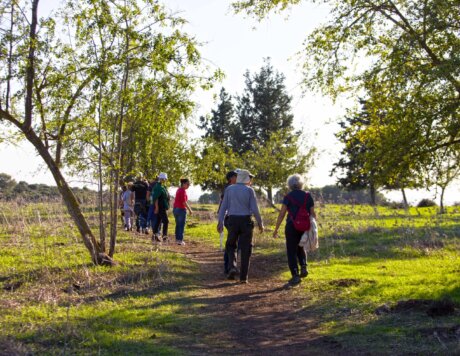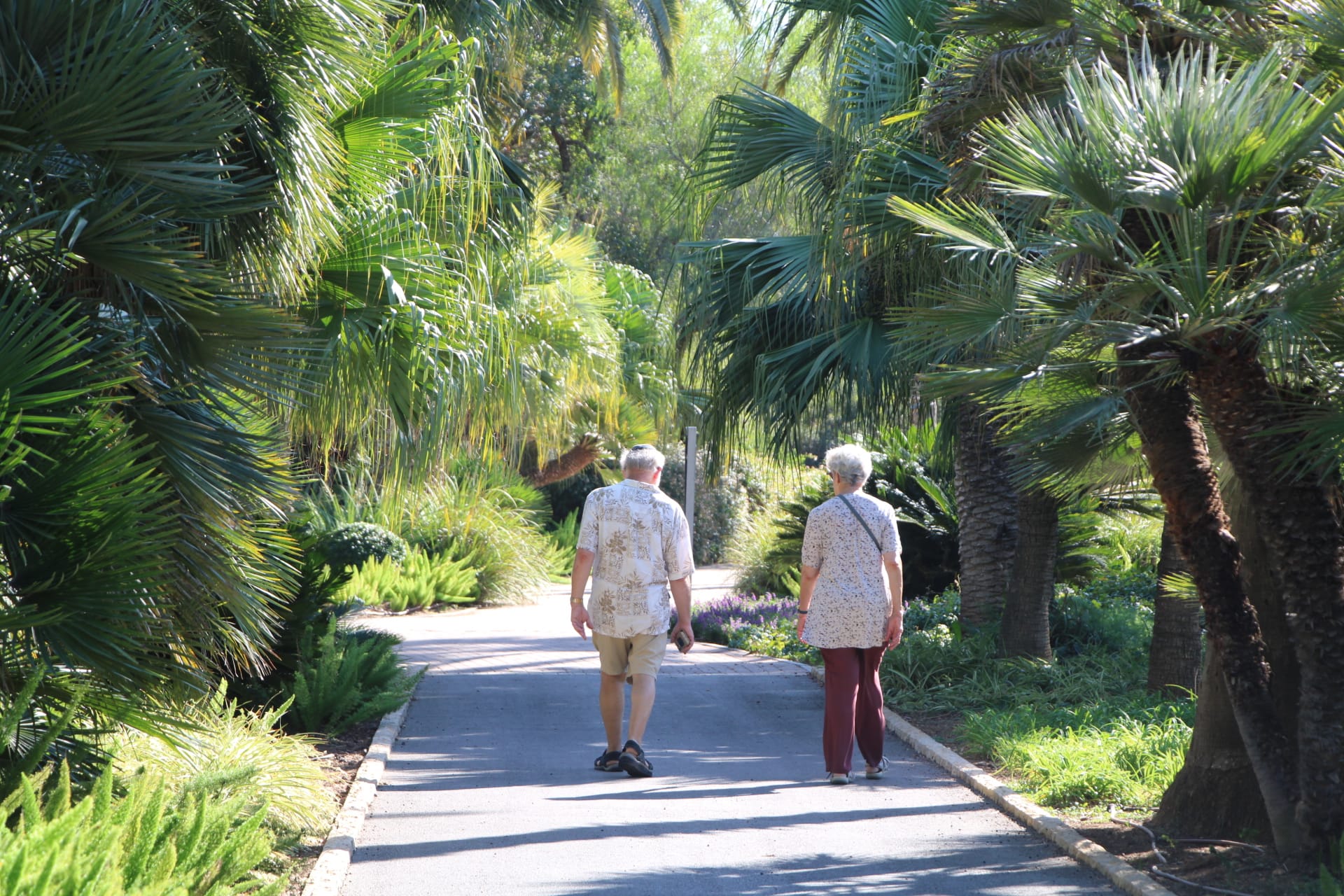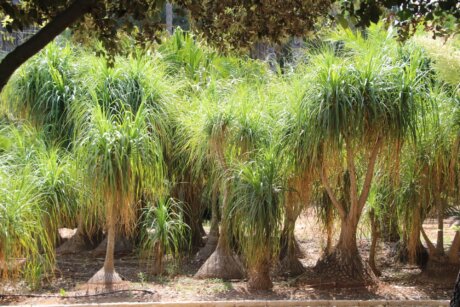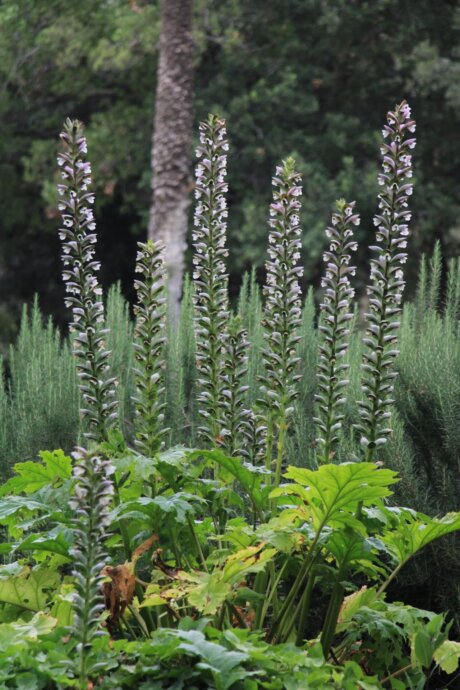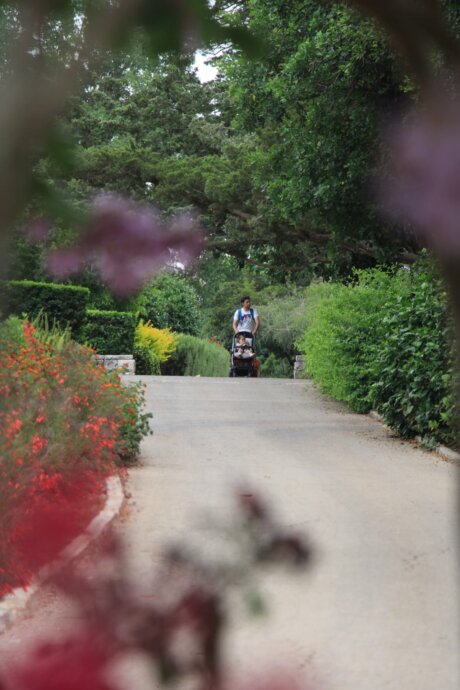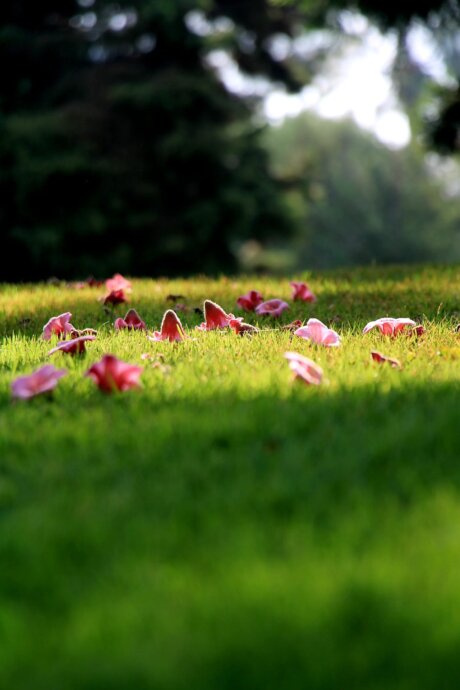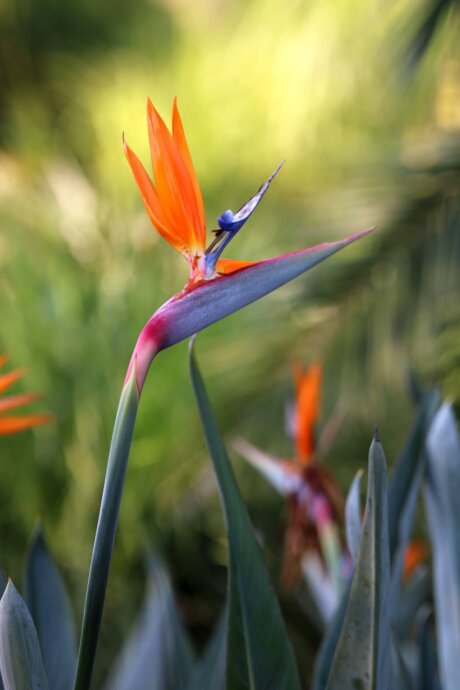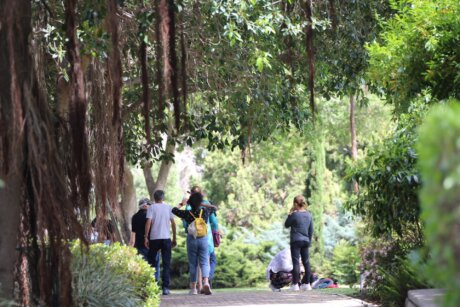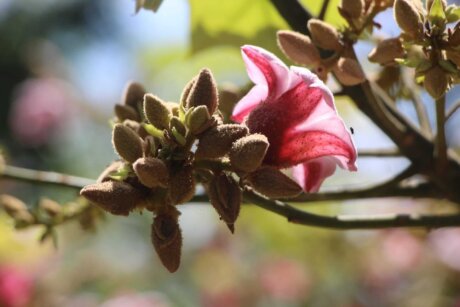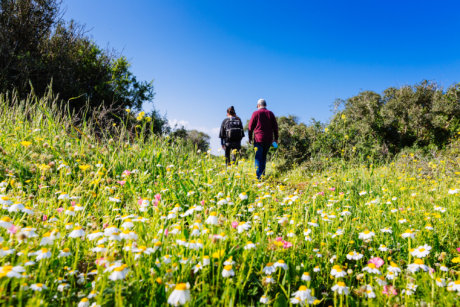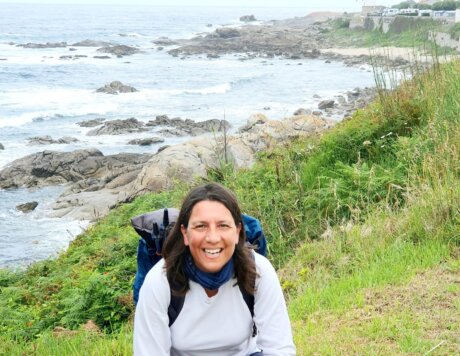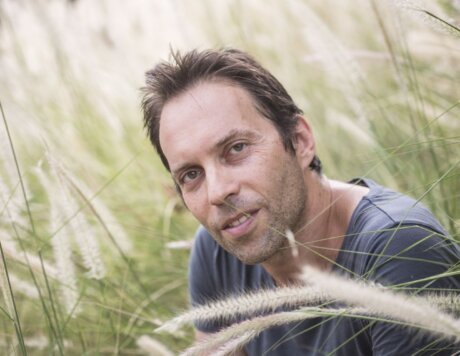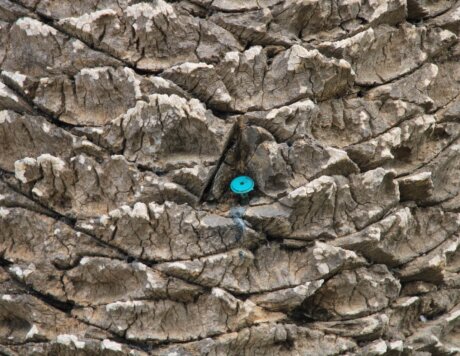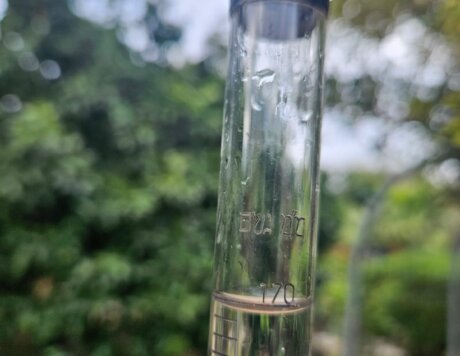You don’t need to be an expert to know that when we’re in nature, our lungs expand and our soul receives essential nutrition. Many papers have been written about nature and gardens as healing spaces. This field of research has intensified as our daily existence has become more urban and more distanced from green, open spaces. The perception that spending time in nature is beneficial was already prevalent and put into practice thousands of years ago; one of the first studies to prove this scientifically was published in 1984 by the Swedish psychologist Roger Ulrich, who discovered that the rate of healing of hospital patients was faster among those whose room had a window overlooking a natural environment and vegetation.
In 1989, Kaplan and Kaplan published a book that contributed greatly to understanding the mental wellbeing provided by time spent in nature. The central idea is that nature fulfils basic human needs, such as investigation, autonomy, identity and purpose, and provides a sense of wonder and connection to something bigger. Time spent in nature reduces stress and improves the mood, health, and cognitive function.
At Ramat Hanadiv we put thought into planning and nurturing locations around the Gardens and Nature Park that provide relaxation and introspection and contribute to public wellbeing and health. Three years ago we dedicated a Silent Space, a quiet forest corner that invites you for a relaxing stay. We invite the public to independent or guided forest bathing in this or any other location around the Park and Gardens. Additional activities that take place here weekly in the Gardens are Tai Chi and Pilates classes. These classes, particularly Tai Chi practice, offer greater benefit to the body and soul when they take place in nature.
A beneficial effect of the environment on humans can be achieved through spending time in nature, taking a break from daily tasks, relaxation and introspection, and active exercise outdoors, such as hiking or gardening.


